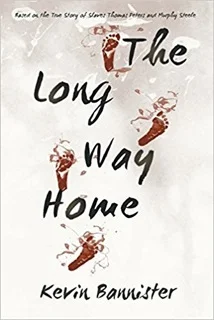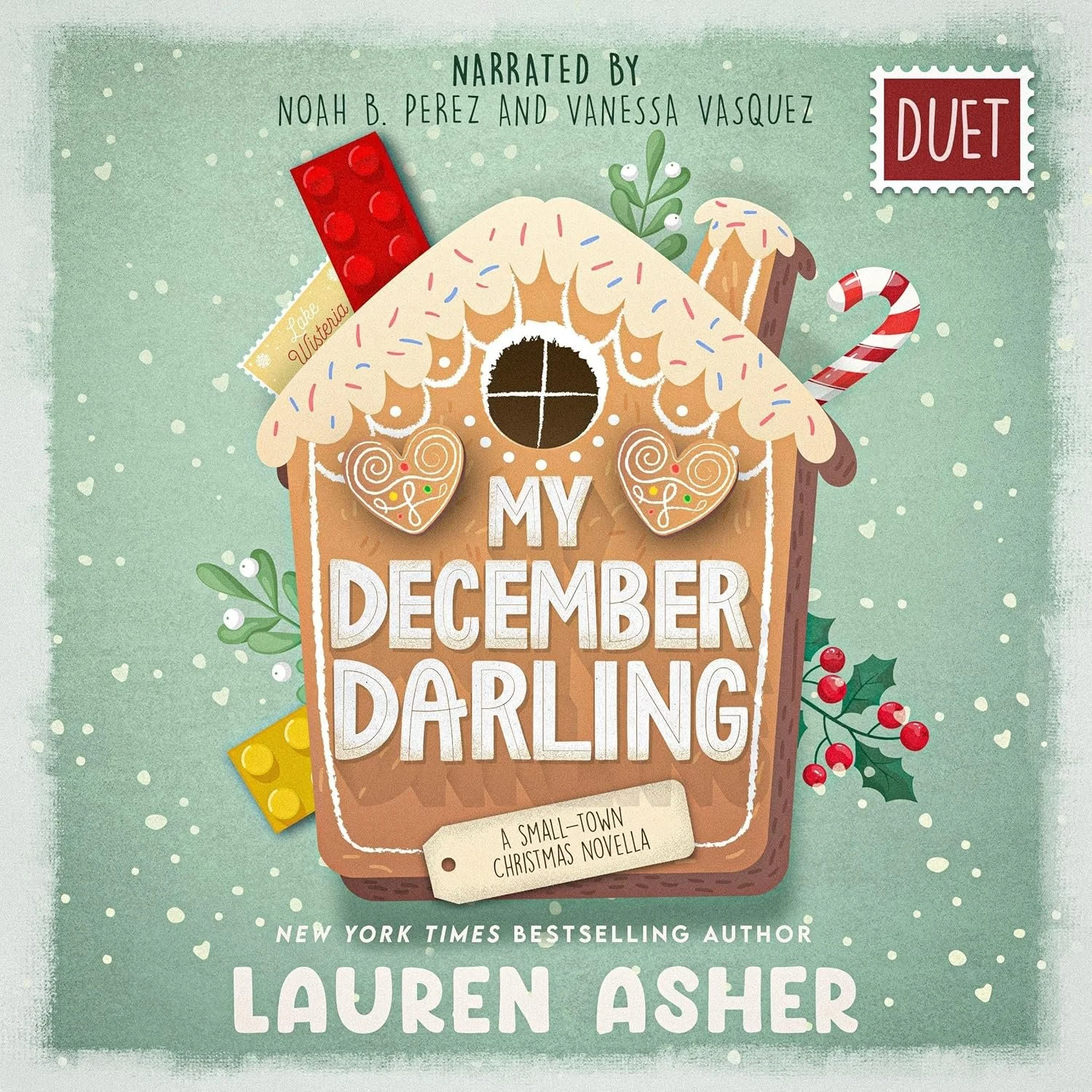Q&A with Lilly Atlas, Acer
/Tell us about the process of turning your book into an audiobook.
The first time was a bit daunting because I didn’t have a clue what I was doing, what the experience would be like, or if turning my book into an audiobook was a good financial decision. After some research, it looked like ACX would be the best option. I listed the first book in the series, Striker, on ACX and received a bunch of interviews. Noah was my clear favorite, and thankfully he’s a pro at this and was very patient and helpful with a total newbie. Now that we’re on to the fourth and fifth books, the process is easy and we have a great working relationship.
How did you select your narrator?
I chose Noah for the first book through ACX’s audition process. Striker received quite a few auditions and Noah’s was the clear favorite. After working with him and having a fantastic experience, I decided to use him and his partner Erin for the rest of the series. Having the duet narration really takes the storytelling to another level.
How closely did you work with your narrator before and during the recording process? Did you give them any pronunciation tips or special insight into the characters?
Before each book, I provide basic character sketches for any new characters. I highlight the way the character looks, attitudes, accents, and anything I think will help them bring the character to life. So far, Erin and Noah have done an fantastic job of making my visions a reality. Throughout recording, they will upload a chunk of chapters at a time to ACX and I’ll review and approve them.
Were there any real life inspirations behind your writing?
The entire series takes place in the desert in Arizona. The town is fictional, but descriptions of the desert are based on real experiences. My husband is in the Navy and we were stationed with the Marines in Twentynine Palms CA for a few years. It doesn’t get much more desert than Twentynine Palms, at least not here in the US.
Is there a particular part of this story that you feel is more resonating in the audiobook performance than in the book format?
There are a few parts of the story that are quite emotionally charged. Erin and Noah do an amazing job of capturing the range of emotions the characters go through. That’s one of the things I love about audiobooks. You can really feel the story coming to life and experience it in a way that is very different from reading alone.
What gets you out of a writing slump? What about a reading slump?
Thankfully, I have yet to experience a true writing slump. There are times when I struggle through a scene or chapter. Either I’m not happy with the way it’s moving from my head to the computer, or I’m a bit stuck with what I want to say. I’ve found that as long as I write something, even if it ends up being complete junk, it helps me push through. Later, when my mind is fresh and I’ve stepped way from it, I come back and edit the scene until I’m satisfied.
In your opinion, what are the pros and cons of writing a stand-alone novel vs. writing a series?
So far I’ve only written in a series. I recently plotted out a book that I thought was going to be a stand alone, but as I developed the secondary characters, ideas began flowing for their stories as well. Guess that means it’s going to end up being a series instead of a stand alone!
What bits of advice would you give to aspiring authors?
Hire a professional editor and really try to learn from them. Since I started this process, I’ve learned so much about writing, editing, marketing, business management, publishing, and the list goes on. What’s been extremely valuable, is all the lessons, tips, and tricks I’ve learned from my editors. I try to internalize everything they tell me and use it in subsequent books. It can be a bit daunting at first, especially the part where you sometimes have to put away your pride and take some criticism you may not agree with, but it’s a worthwhile learning experience every time.
Do you have any tips for authors going through the process of turning their books into audiobooks?
Spend some time going through the auditions. You want to think about pacing, accent, do you like the way they do male and female parts if it’s just one narrator. There are a number of things to take into account. But don’t go crazy! For me, it was really a gut feeling about who I thought would portray my characters the best. Also, don’t be intimidated by ACX. Once you have the process under your belt once, it’s much easier. There is a book called the Audiobook Book that really helps walk you through the process of audiobook creation. It’s very helpful.
What’s next for you?
In terms of audiobooks, Erin and Noah have the next two books in the series, Hook and Lucky, in their queue, so they are forthcoming. Right now, I’m writing the last book in the No Prisoners MC series. Then, it’s on to a new series!























































